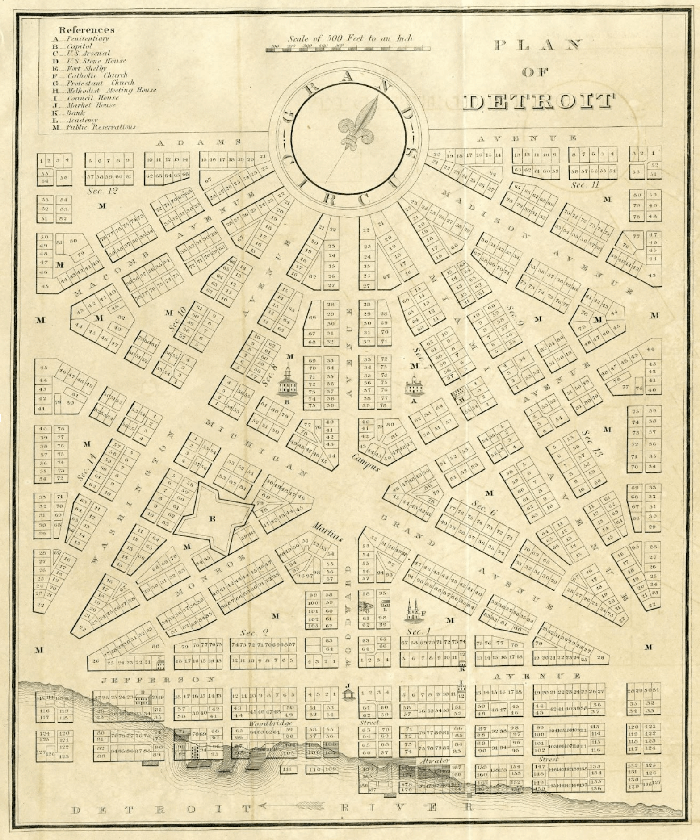As a commercial artery, the Detroit River built and bankrolled U-M; as the site of major engineering projects, it inspired the university’s pioneering naval architecture program; as an international border, it drew university alumni into the Underground Railroad’s anti-slavery networks; and as a damaged but recovering ecosystem, it continues to inspire the university’s ecology and sustainability research.
-
June 20, 2022
Detroit River Story Lab embarks on Skiff and Schooner program for second summer
The Detroit River Story Lab and the Green Door Initiative received a grant from the Community Foundation for Southeast Michigan to help fund this summer’s river-themed educational programming.
-
May 3, 2022
Detroit River Story Lab receives grant to continue its summer Skiff & Schooner program
The Community Foundation for Southeast Michigan provided support of the “place-based experiential learning program to encourage awareness of the Detroit River as an environmental and cultural resource.”
-
January 24, 2022
What lies beneath: Detroit River narratives emerge through schooner trips, boat building
The Detroit River is saturated with stories. Designated as a Heritage River by both the U.S. and Canadian governments, the river and its wetlands were once vital habitat for fish and wildlife hunted by the People of the Three Fires and immortalized by their legends.
-
March 8, 2021
U-M’s partnerships, initiatives in Detroit on the rise during pandemic
The variety and volume of the efforts are a collaboration with Detroit’s neighborhoods, its community organizations and its residents. While the specific goals and partners of each effort vary, all of the work aims to help boost the vitality of Detroit and the region.
-
February 18, 2021
Detroit River Story Lab receives carbon neutrality grant
Riverside communities have displayed remarkable resilience through the myriad trials of the past 75 years, and this project aims to partner with these communities as they continue reshaping the shared narratives that will lay the groundwork for a sustainable post-carbon future for the region.
-
December 21, 2020
Q&A: Darin Stockdill talks about the need for Detroit River curriculum in middle school
“The other thing we want students to learn, and this is central to the work of the historian Tiya Miles, is that slavery is a part of the history of Detroit and Ontario. It’s not just this terrible thing that happened in the U.S. South. Their stories of survival and resistance are important, and we can learn from them and be inspired today, on both sides of the river.”
~ Darin Stockdill


